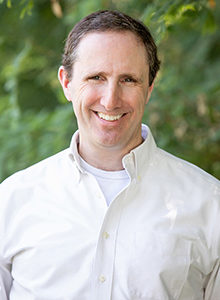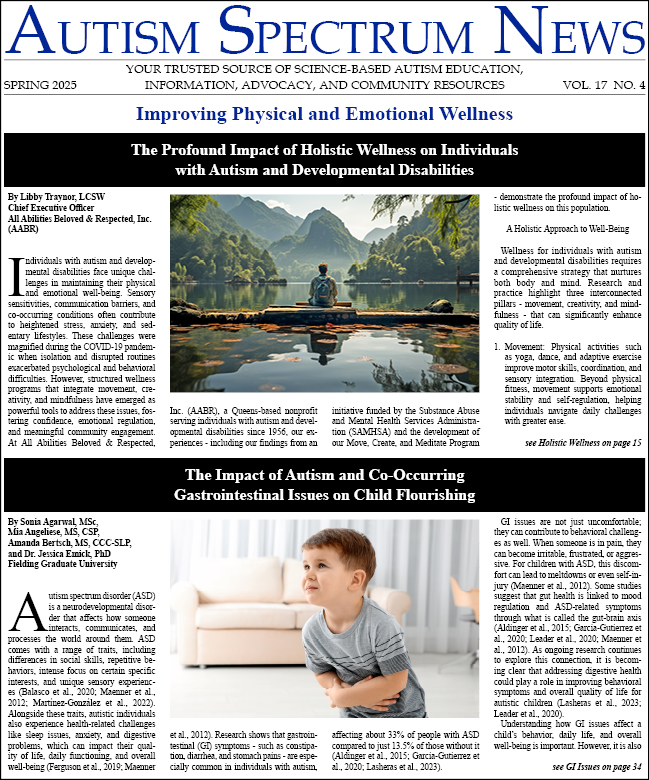Not everything is as it seems on the surface. Many things can be looked at in more ways than one. Much of what comprises a person is hidden from plain sight, though it is nonetheless very real and often of great power. Human strength is a prime example.

When I attended a 2-week tennis academy during Spring break of my sophomore year of high school in 1986, my build was anything but muscular. In fact, I was so thin that if somebody looked at me with my shirt off, they would likely notice a portion of my sternum sticking out in the middle of my chest. There was simply not enough there to cover it up.
I spoke particularly slowly and with anything but an authoritative tone. I took things in stride due to my relatively laid-back attitude. It was not like me to take control of situations or assert my needs, having not yet come to an understanding of the importance of self-advocacy. My quirky, idiosyncratic behaviors often rubbed people the wrong way.
All told, my physique and my unidentified autistic, learning-disabled attributes rendered me a prime target. And a few of the people with whom I shared a dormitory suite pounced. Not to the point of physical injury, thankfully, though it still was not what I would call a joyride.
The only memory I have about these bullies was having tennis balls thrown at me, too fast to catch or to deflect with my racket, giving them a reason to mock my inability to do so. In this scenario, longer reaction times, a primary challenge associated with my learning disability, came to the fore. During a tennis match, reaction time was never an issue for me because balls were always headed my way from the other end of the court. Conversely, the tennis academy bullies did what they did from only a few feet away, in the living room inside our suite.
I will never know what their agenda actually was in treating me this way, but if it was to try to force me out of the suite or the academy altogether, they outright failed. I had no desire to go anywhere in spite of what I was up against. Those suitemates who didn’t bully me, among them a fellow tennis teammate and friend in my high school class with whom I traveled to the academy, were kind, decent, likable people on whom I chose to focus my attention.
And that was the key to it all: prioritizing the right people and what really mattered while steering clear of the wrong people and the toxicity they brought with them.
Soon after this incident, my mother called me to check in. When I explained to her what had happened, she asked me if I wanted to head home early, understandably thinking that the bullying may have been too much for me to take. I told her that I was going to stay, to which she replied, in so many words, “ok,” then left it at that. This was a truly wonderful moment, indicative of the fact that she was never overprotective of me and was always willing to meet me where I was, regardless of what she may have been thinking deep down.
Nobody was going to sidetrack me from pursuing my goal at the academy: to up my game ahead of the upcoming high school tennis season. Nobody was going to impose their will on me with any success. I remained laser-focused on what I had to do and returned home ready to roll.
The tennis academy bullies had no idea who they were dealing with, at least not at first. My secret weapon lived inside of me, always there when I needed it. Unbreakable inner strength! It made me a force to be reckoned with, which may have dawned on them once they noticed that I remained unfazed after they went in for the kill. That Spring back in 1986, my own inner strength manifested itself in more ways than one:
- The strength to persevere in the face of adversity.
- The strength to finish what I started, no matter who or what tried to get in my way.
- The strength to keep those who were trying to control me at bay.
- The strength that comes with the wisdom to see bullies for who they truly are.
The kind of strength which disabled people everywhere possess, which stems from having no choice but to navigate a world that was not built with us in mind. A world which we often find hostile, which tries to exert control over us by exploiting our vulnerability, the kind of vulnerability that comes with being different than most. Indeed, I did stand apart at this academy, behaviorally speaking, and clearly, there was a price to be paid. Nonetheless, I pushed through.
I would have fared better that Spring had these bullies shown less ableism and more acceptance. Regrettably, true acceptance on a societal scale and, more importantly, a sense of belonging remain elusive, largely because of stigma, as evidenced by my experience and those of countless other disabled individuals. And yet, we find the strength to forge ahead, as best we can.
Sam Farmer is an information technology consultant, neurodiversity community self-advocate, writer, author and public speaker. Identified later in life as autistic, he writes articles, records podcasts, and presents at libraries, conferences and for corporations and autism community organizations, sharing stories of lived experiences and his opinions on a variety of topics of relevance to the neurodiversity and disability communities. A Long Walk Down a Winding Road – Small Steps, Challenges, & Triumphs Through an Autistic Lens is his first book. To learn more, visit www.samfarmerauthor.com.





